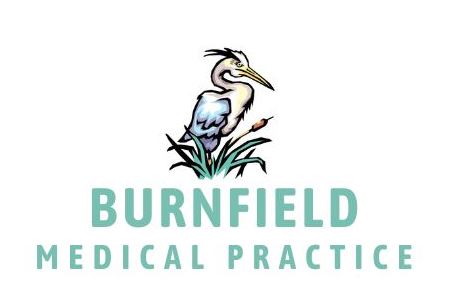Counselling
Counselling
Referrals to the counsellor are made by doctors following assessment by the doctors. Counselling takes place at the surgery. Whenever possible appointments are offered at a time that will suit the person seeking counselling. If a particular time is sought an extra period of waiting may be involved; for instance, appointments later in the day are heavily sought.
What is Counselling?
Counselling is a talking therapy that involves a trained therapist listening to you and helping you find ways to deal with emotional issues, in a safe and non-judgemental environment that may not be possible with family or friends. We recognise that everyone is different and will experience their feelings in different ways. Counsellors will not give advice or direction, nor will they make decisions for you. However, they can support you in clarifying issues and developing your own insights to help you make sense of things and understand yourself better.
Counselling can help you manage and cope with many issues such as:
- Depression
- Anxiety
- Eating disorders
- Low self esteem
- Sexual Identity
- Bereavement
- Relationship issues
- Work Related Stress
Support is not restricted to the above issues and can be anything that affects your emotional wellbeing.
Confidentiality
Counsellors have an ethical duty of care to share any concerns with your GP. If it was felt there was a risk of harm counsellors would discuss with you first before speaking to your GP. We have specially trained counsellors to support adolescents.
Page created: 01 May 2024
